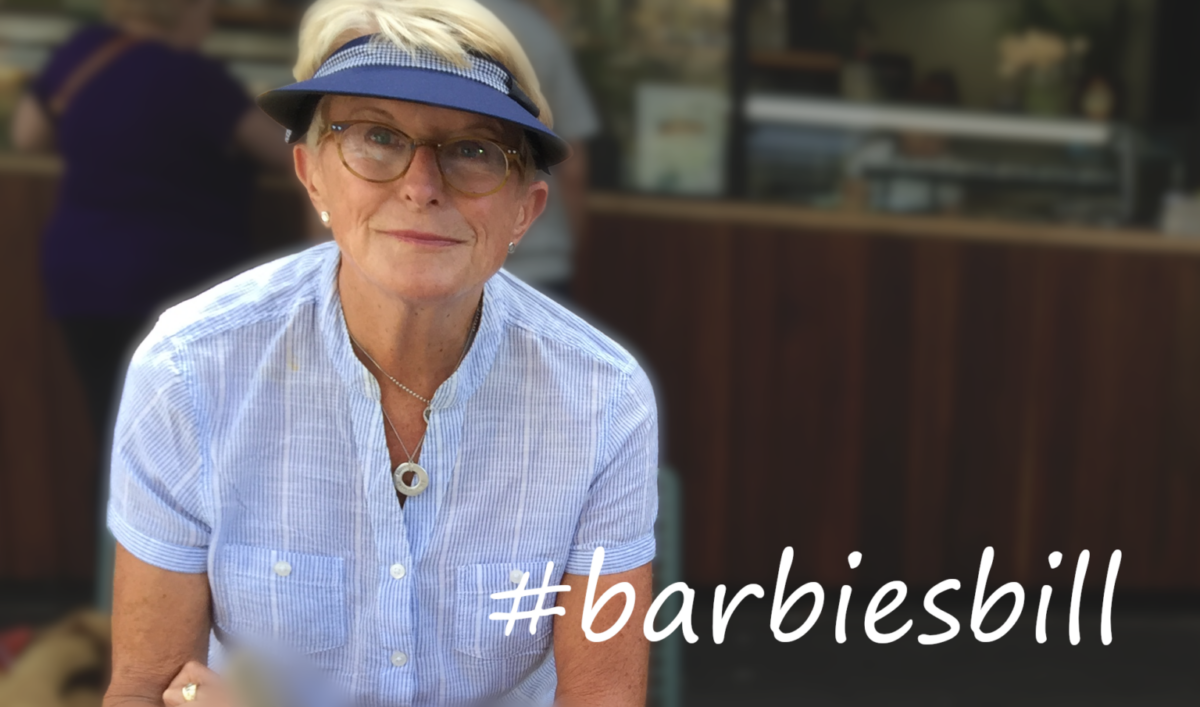We reserve the right to edit letters for sense and length. Shorter letters (under 400 words) are preferred. Please include address, nursing qualifications and phone number.
Saturday, January 1, 2022, was the last time I saw my 78-year-old mum, Barbie. In early October 2021, she’d had a severe stroke at home. Medical notes show I called the hospital a day later to say this was mum’s worst nightmare, and to stop everything and let her pass.
The day after, the hospital had my EPOA (enduring power of attorney) and her advance directive (also known as an advance care plan or living will) with her clear instructions to withdraw care, including artificially administered fluids, if she’d suffered a “severe loss of mental or physical capacity”.
We weren’t medical experts and thought we’d get a quick, objective prognosis from the hospital. Instead, it was delayed and included best-case scenarios, so it wasn’t clear what was probable. Stroke rehabilitation was the only option presented by mum’s doctor, who didn’t sight her directive. Even though we questioned it, mum was kept on a drip while she couldn’t swallow post-stroke.
Mum had loved travelling, the outdoors, family and sometimes golf. She enjoyed weekly 10km tramps, daily walks and visited family here and overseas often. She volunteered and would pop in on older locals for a drink, to keep them company.
After the stroke, Mum was unable to speak, read or write. With limited comprehension and movement, she needed 24/7 care. When she could understand more, she took the only bit of control left and refused food, then fluids. It took her 58 days to die.
Our family supported her directive and choice — it was invaluable and comforting to know what was important to her — which was being able to enjoy life, not living as long as possible.
Feeling “it doesn’t have to be this way, we can do better” and with advice from a nurse, doctor and lawyer, I put together the idea for Barbie’s Bill to bring certainty to people, their families and medical teams.
Advance care plans are something the health sector will deal with more and more. One in four Kiwis will be 65-plus by 2030. Nurses are at the coalface so know the stats — strokes every 55 minutes, five-plus serious brain injuries a day and many other serious, debilitating illnesses and conditions.
The proposed bill aims to create a national directive database accessible anywhere, anytime; set up clear standardised forms for advance care plans; and provide legal backing to follow directives.
As Barbie was an organ donor, we hope the database can be an organ donation register too. Perhaps it could also be the foundation or catalyst for the much-needed centralised national medical database.
Barbie’s Bill will only deliver if it is actively supported. You can sign a petition to go to Parliament requesting this bill be drafted, and then share it with someone else, in under 30 seconds at www.barbiesbill.nz.
Louise Duffy
Wairarapa




